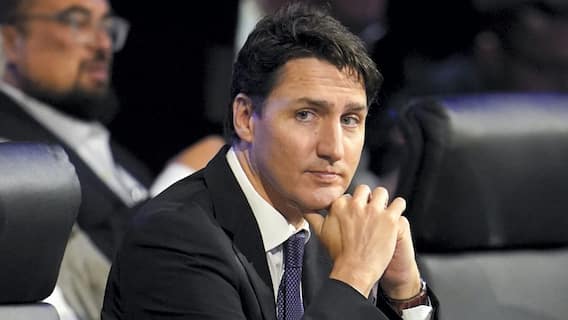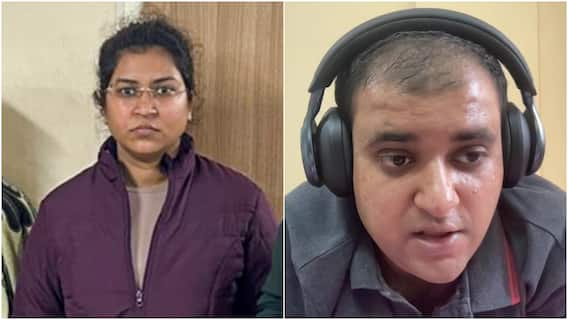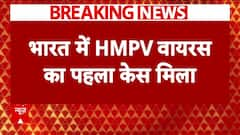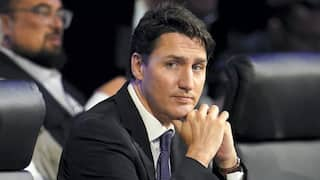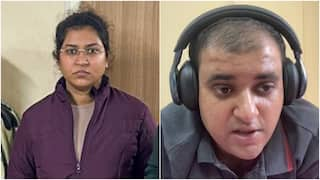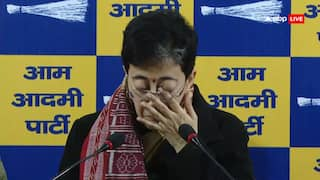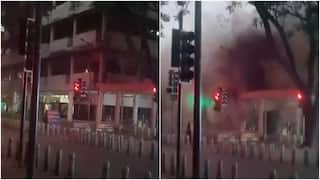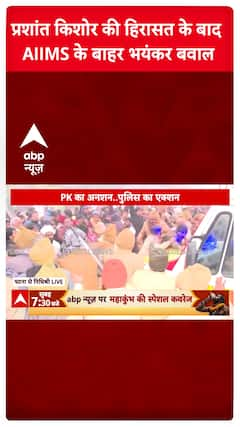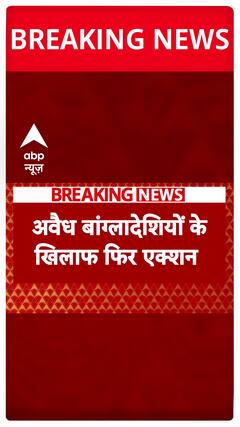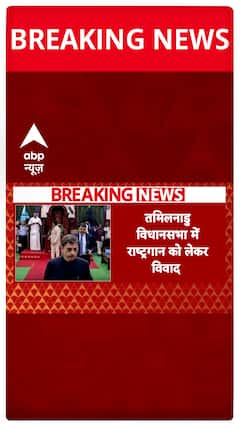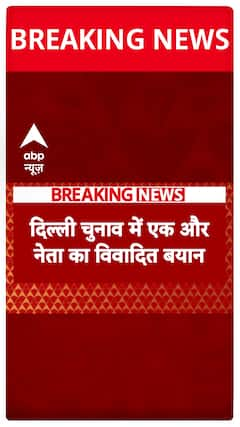Is Your Bank Deposit Safe? Here’s What To Consider Before You Invest In FDs
Make sure that you don’t fall for higher rate of deposits without the due diligence and consider the points before investing in bank fixed deposits.

New Delhi: The failure of Yes Bank came to the fore soon after the crisis at non-banking finance companies, IL&FS and DHFL, and frauds in banks like PMC Bank and PNB exposed the weakness in the banking sector.
The bank fixed deposit comes under the fixed income instruments and remains attractive for pensioners and those looking for stable and fixed returns. Even as deposits in banks up to Rs 5 lakh are insured under the Deposit Insurance Credit Guarantee Corporation Act (DICGC), it is still not ideal to consider investing in them. It is because, despite DICGC cover, there have been cases where cooperative banks have gone bust and legal cases are dragging on in the courts.
ASLO READ: EXPLAINED | What Is 'One Nation One Ration Card'? Here's How Migrants Can Avail Benefits
Here’s what you should consider while investing in fixed deposits
Public sector banks: Firstly, it is important to check the ownership of the bank. According to RBI’s schedule of banks, on the website, there are 12 nationalized banks, including the State Bank of India, which are considered public sector banks. Such banks come under the safest category due to the government ownership of at least more than 50 percent. Although it does not offer a guarantee on deposits, like that of DICGC, it implies certain aspects of safety.
In the past, too, whenever a PSU bank is in trouble, the RBI intervened in the matter and merged the troubled bank with a relatively stronger PSU bank. In those cases, depositors’ money was safe and DICGC coverage was not required.
Private sector banks: Now, if you consider private sector banks then there are 22 banks according to the RBI’s schedule. The leading banks are believed to be in good shape. After the one private sector bank, Lakshmi Vilas Bank encountered trouble, the RBI allowed the bank to be taken over by DBS of Singapore. In this case, equity shares of the bank were written off, but depositors’ money remained safe. In Yes Bank, additional tier I perpetual bonds were written off, but depositors’ money was safe. Hence in the case of deposits in private sector banks, you need to ensure that it’s a leading private sector bank to avoid any trouble.
Other banks:—Around 46 foreign banks are operating as of now, according to the RBI schedule. There are also other categories such as small finance banks, payment banks, regional rural banks, etc. Always make sure that you check if such banks have paid their DICGC insurance premium. Also go through the quality and size of the balance sheet, etc to understand the financial position of the bank. Also, be careful with the cooperative bank segment because frauds have been reported in some small-sized and local banks earlier.
Those banks listed as scheduled banks are covered under the deposit insurance program of DICGC, an RBI subsidiary. Hence, check if the bank is a scheduled bank. Make sure that you don’t fall for the higher rate of deposits without due diligence.
Trending News
Top Headlines







